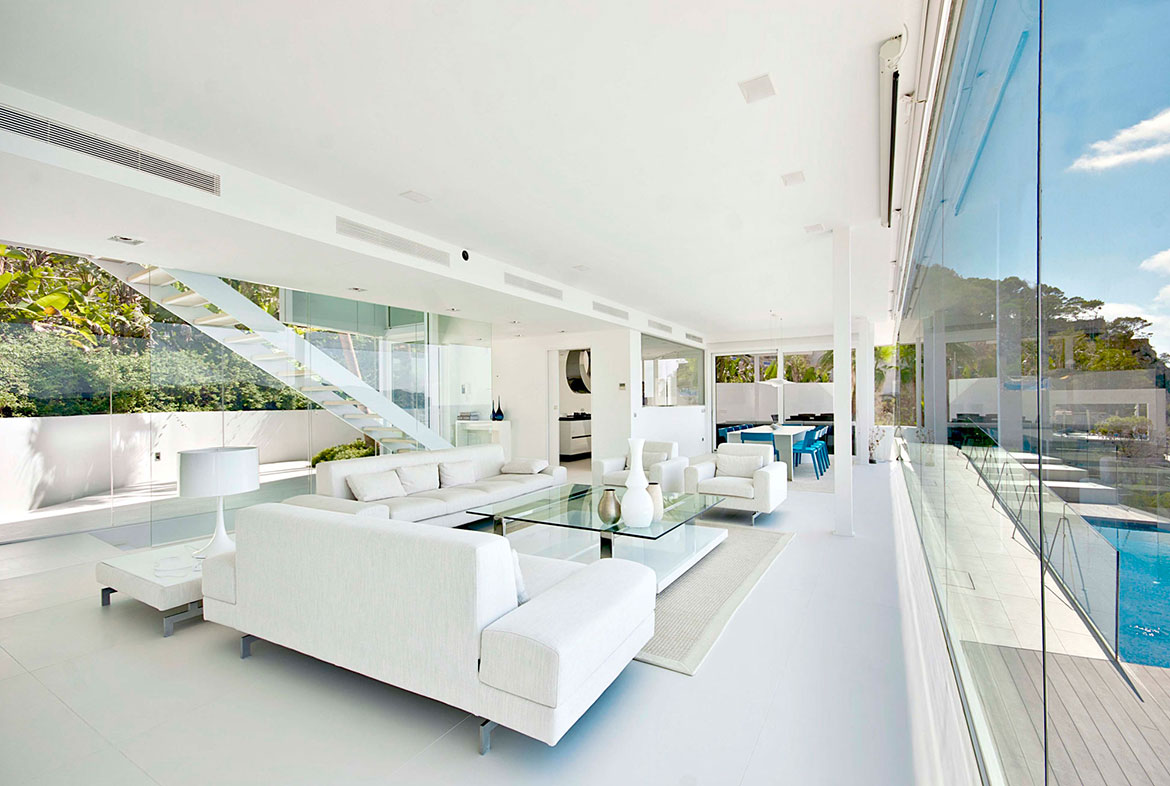Purchasing an apartment is one of the most significant investments you will make in your lifetime. Whether you’re buying it as your new home or as an investment property, this decision requires careful planning and consideration. Here’s a comprehensive guide on what you need to consider when buying an apartment.
1. Budget Planning
The first and foremost factor to consider is your budget. Determine how much you can afford to spend on the apartment, considering not just the purchase price but also additional costs such as registration fees, stamp duty, legal fees, and maintenance charges. It’s essential to calculate the monthly mortgage payments and ensure they fit within your financial capabilities.
2. Location and Neighborhood
Location is crucial when buying an apartment. The neighborhood should align with your lifestyle needs. Consider proximity to work, schools, hospitals, shopping centers, and public transportation. Additionally, evaluate the safety of the area, the quality of the infrastructure, and future development plans that could affect the value of the property.
3. Apartment Size and Layout
The size of the apartment and its layout should meet your current and future needs. Consider the number of bedrooms, bathrooms, and the overall square footage. The layout should allow for efficient use of space, with well-placed rooms and sufficient natural light. Think about how the space will accommodate your lifestyle, including storage needs and any potential for future modifications.
4. Builder’s Reputation
Research the builder’s reputation before making a purchase. A reputable builder is more likely to deliver the project on time and provide quality construction. Look into their previous projects, read reviews, and check for any legal disputes or complaints. A builder’s track record can give you confidence in the quality and durability of the apartment.
5. Legal Clearances and RERA Compliance
Ensure that the property has all the necessary legal clearances and is compliant with the Real Estate Regulatory Authority (RERA). This includes checking the title deed, land use permits, and environmental clearances. RERA compliance ensures that the builder adheres to transparent practices, protects your interests, and provides you with a clear understanding of your rights.
6. Amenities and Facilities
Evaluate the amenities offered by the apartment complex. Common facilities like a gym, swimming pool, playground, and security features can enhance your living experience. Check if there are sufficient parking spaces, elevators, and backup power systems. The availability of these amenities can also influence the resale value of the property in the future.
7. Water and Power Supply
Reliable water and power supply are essential factors to consider. Investigate the water source, availability, and quality. Check if the apartment complex has a proper water storage and distribution system. Similarly, ensure there is an uninterrupted power supply, with backup generators in place for emergencies.
8. Resale and Rental Value
Even if you plan to live in the apartment, it’s wise to consider its resale and rental value. Research the market trends in the area to estimate how much the property’s value might appreciate over time. Understanding the rental market can also provide insights if you ever decide to lease the apartment in the future.
9. Maintenance Costs
Understand the maintenance costs associated with the apartment. These include regular upkeep of common areas, security, landscaping, and repairs. Some complexes charge higher maintenance fees for additional facilities like gyms or pools. It’s important to factor these costs into your budget to avoid any surprises later.
10. Future Development Plans
Investigate any future development plans in the area. Upcoming infrastructure projects, such as new roads, metro lines, or commercial developments, can significantly increase the value of your property. On the other hand, new constructions nearby could affect your privacy, view, and overall living experience.
Conclusion
Buying an apartment is a major decision that requires thorough research and consideration of multiple factors. By carefully evaluating your budget, location, builder’s reputation, legal aspects, and future potential, you can make an informed choice that aligns with your long-term goals. Remember, a well-considered purchase not only provides a comfortable living space but also secures your financial future.


